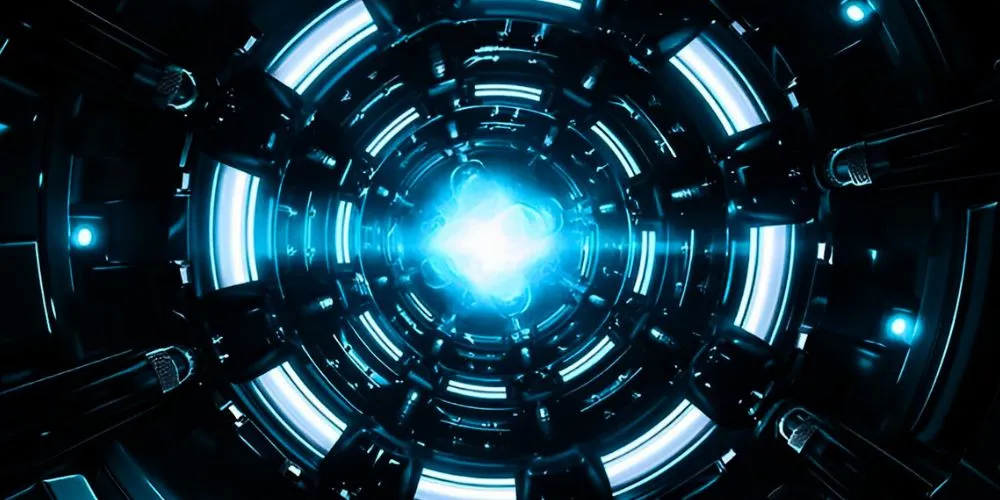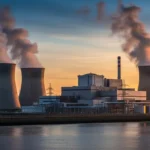Advanced nuclear reactors are at the forefront of a transformative wave in nuclear energy. As the world grapples with the urgent need to transition to cleaner and more sustainable energy sources, advanced nuclear reactors offer a promising avenue. These next-generation reactors go beyond traditional designs’ capabilities, addressing safety, efficiency, and nuclear waste concerns. In pursuing a low-carbon future, the development and deployment of advanced nuclear reactors stand as a beacon of innovation and progress.
Inherent Design Advancements
One of the key advantages of advanced nuclear reactors lies in their inherent safety features. Innovations such as passive cooling systems, modular designs, and enhanced control mechanisms mitigate the risk of accidents and make these reactors more resilient to unforeseen events. As we witness a global resurgence of interest in nuclear energy, ensuring the safety of reactor designs becomes paramount, and advanced reactors showcase a commitment to addressing historical concerns.
Technological Breakthroughs
Advanced nuclear reactors leverage cutting-edge technologies to enhance efficiency and reduce nuclear waste. Some designs focus on using different fuels, such as molten salt or advanced ceramics, improving fuel utilization and producing less long-lived radioactive waste. Pursuing closed fuel cycles and advanced fuel reprocessing techniques further contributes to minimizing the environmental impact of nuclear energy. These technological breakthroughs depart from conventional nuclear practices and pave the way for more sustainable energy solutions.
Tailoring Nuclear Solutions
Unlike traditional large-scale nuclear power plants, advanced nuclear reactors often embrace modularity and scalability. Smaller, modular reactor designs offer the flexibility to adapt to varying energy demands and can be deployed in diverse settings, including remote locations and industrial facilities. This flexibility expands the potential applications of nuclear energy and provides a more tailored approach to meeting specific energy needs.
Navigating Challenges
Developing and deploying advanced nuclear reactors requires international collaboration and well-defined regulatory frameworks. As countries explore these innovative technologies, establishing transparent and effective regulations becomes crucial to ensuring the safe and responsible use of advanced nuclear energy. Collaborative research, development, and regulatory alignment efforts are essential for overcoming challenges and fostering a global environment conducive to the widespread adoption of advanced nuclear reactors.
Conclusion
In conclusion, advanced nuclear reactors represent a promising frontier for sustainable and reliable energy sources. With their enhanced safety features, technological breakthroughs, and adaptability, these reactors showcase a paradigm shift in the nuclear energy landscape. As the world confronts the challenges of climate change and seeks solutions to meet growing energy demands, developing and deploying advanced nuclear reactors stand as a testament to human ingenuity and the pursuit of a cleaner, more sustainable energy future. Their promise extends beyond nuclear energy, influencing global efforts to combat climate change and secure a resilient, low-carbon energy landscape.







